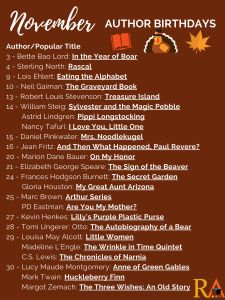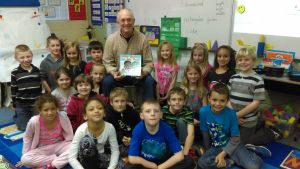A program launched by the Kanawha County Public Library is making it easier for families to read regularly to their preschoolers. The Open Worlds of Learning (OWL) program offers a simple way to check out a variety of age-appropriate books for children from birth to age three.
Parents and guardians age 18 and older may apply for an OWL card, receive a bag of ten books and keep them as long as they like. Once the books have been read, they can be exchanged for another bag of books. Since young children can be a bit rough on the books they love and explore, families are not charged for damaged books.
Currently 150 families are enrolled in the program and more than 3,000 books were checked out between the program’s inception in April and December. Terri Wooten, Kanawha County Public Library spokesperson reports, “The program has proven to be quite popular. Parents appreciate that they can check out a number of books at one time and can keep them as long as they like.”
This program aligns with one of the major goals of Read Aloud West Virginia: to encourage families to begin reading to children at birth. The benefits of reading to children are numerous. In addition to building a child’s vocabulary and attention span, a 2015 study cited by the American Academy of Pediatrics (AAP) found: “Children from more stimulating home reading environments had greater activity in brain areas supporting narrative comprehension and visual imagery, which are important for both language and reading.” The AAP issued a policy statement in 2014 recommending that physicians encourage families to read to their children from birth.
Image: Pictured above are Aaron Ku, Elaine Lau, Dolce Ku, Sarah Talkington, and Peng-Peng Wang. Credit to Kenny Kemp, Charleston Gazette-Mail.








